Kashmiris continue their struggle for freedom against Indian occupation
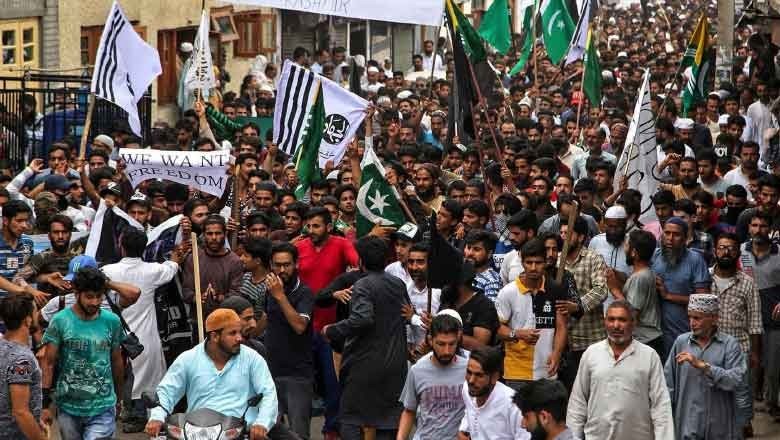
Web Desk
|
4 Feb 2025
Indian Illegally Occupied Kashmir remains under New Delhi’s occupation, with Narendra Modi’s government further suppressing freedom of speech, movement, and resistance.
Despite Pakistan and India having fought two wars over Kashmir, diplomatic negotiations remain stalled, as India continues to accuse Pakistan of terrorism to deflect the issue.
Kashmiris long feared that the revocation of Articles 35A and 370 would leave them vulnerable, similar to the plight of Palestinians.
The BJP government's removal of these provisions stripped Jammu and Kashmir of its statehood, dividing it into two centrally administered territories, Jammu & Kashmir and Ladakh, governed by a Lieutenant Governor.
Previously, non-Kashmiris were restricted from owning property, securing government jobs, or investing freely in the region. With these protections removed, Indian citizens now have full access to settle and acquire land in Kashmir.
A report by the International Federation of Human Rights highlighted India's human rights violations in Indian Illegally Occupied Jammu and Kashmir (IIOJK) since the abrogation of Article 370.
The Modi government continues to carry out demographic engineering, suppressing free speech, and intensifying mass surveillance as part of its oppressive policies.
Land grabbing and forced evictions
The report “Your land is our land: India’s land rights violations in Kashmir,” was published on October 2, 2024.
It stated that the Indian government is actively involved in illegal land grabs under the pretense of anti-encroachment drives, seizing businesses and properties belonging to Kashmiris while favoring non-Kashmiri politicians and businessmen.
Under the Roshni Act, which was designed to legalise unauthorised land holdings, a staggering 95% of the beneficiaries in 2023 were Hindus in occupied Jammu, who were granted ownership of 571,210 kanals of land.
In contrast, only 5% of Muslims in the occupied Kashmir received ownership of only 4,200 acres.
Additionally, thousands of homes and businesses were demolished with only one or two days' notice, leaving many Kashmiris displaced.
Mass surveillance and suppression of free speech
Indian authorities have ramped up technological surveillance in IIOJK, deploying CCTV cameras, facial recognition systems, and spyware, including the controversial Pegasus software, according to FDDI.
Security agencies have also intensified social media monitoring of Kashmiris, while restrictions on press freedom and movement continue to escalate.
Despite these oppressive measures, Kashmiris have resisted India's infringement on their political rights.
In the October 2024 elections, IIOJK overwhelmingly rejected the BJP, and the alliance of the Jammu and Kashmir National Conference (JKNC) and Indian National Congress (INC) secured victory, leading to Omar Abdullah being appointed as Chief Minister.
In November 2024, the IIOJK Assembly passed a resolution demanding that the Modi government reinstate the region’s special status under Article 370.
Pakistan's stance on Kashmir
In September last year, During his speech at the United Nations General Assembly (UNGA) Pakistan’s Prime Minister Shehbaz Sharif condemned India's human rights violations in Kashmir since the revocation of Article 370 in 2019.
“To secure durable peace, India must reverse the unilateral and illegal measures it has taken since August 2019 and enter into dialogue for the peaceful resolution of the Jammu and Kashmir dispute in accordance with UNSC resolutions and the wishes of the Kashmiri people,” Sharif said.
UN resolutions on Kashmir
Since 1948, the United Nations Security Council (UNSC) has passed over a dozen resolutions on the Jammu and Kashmir dispute.
Resolution 47 (1948): Stipulates that the future of Jammu and Kashmir should be determined through a free and impartial plebiscite.
Resolution 51 (1948): Emphasises the urgency of resolving the dispute to maintain international peace and security.
Resolution 80 (1950): Calls for a democratic and final settlement of the dispute in accordance with the wishes of the Kashmiri people.



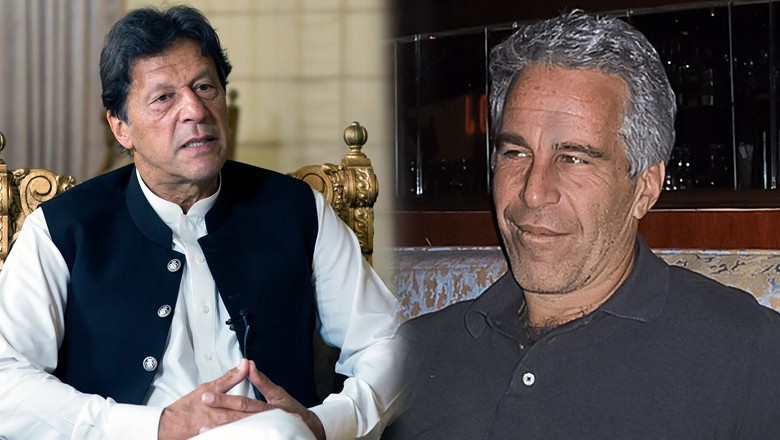
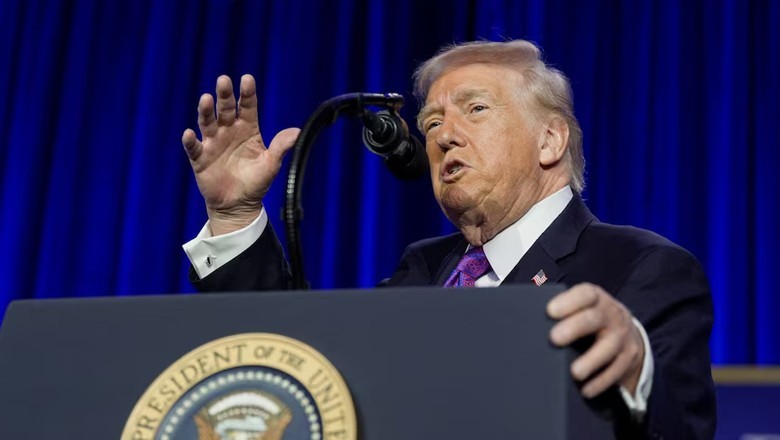
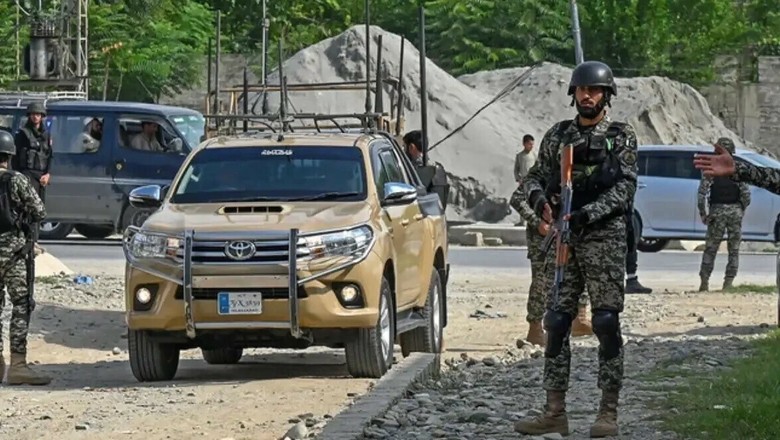
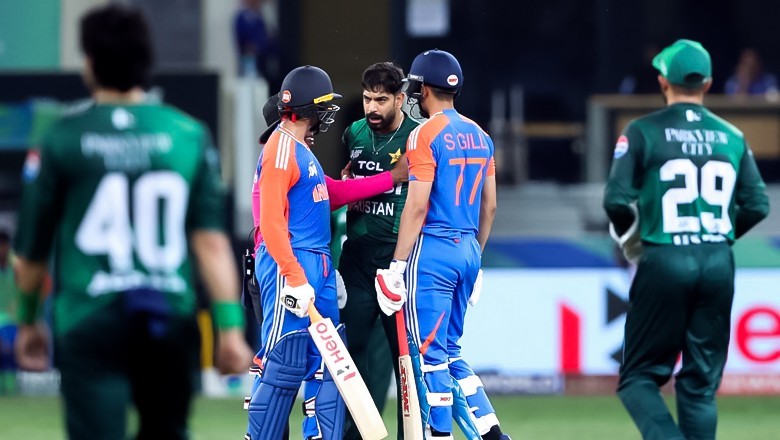
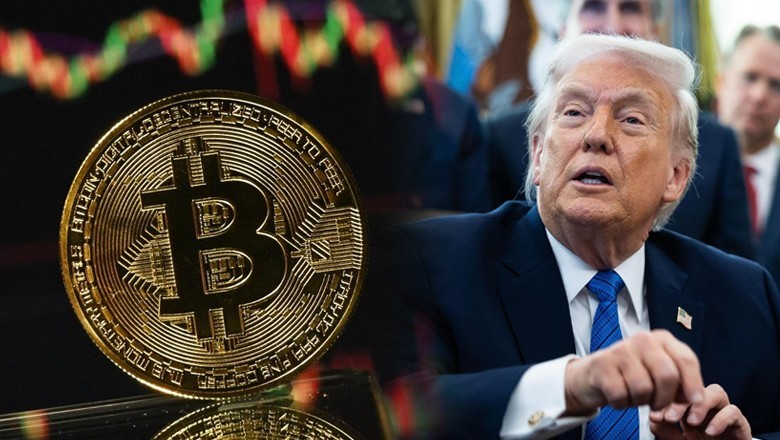
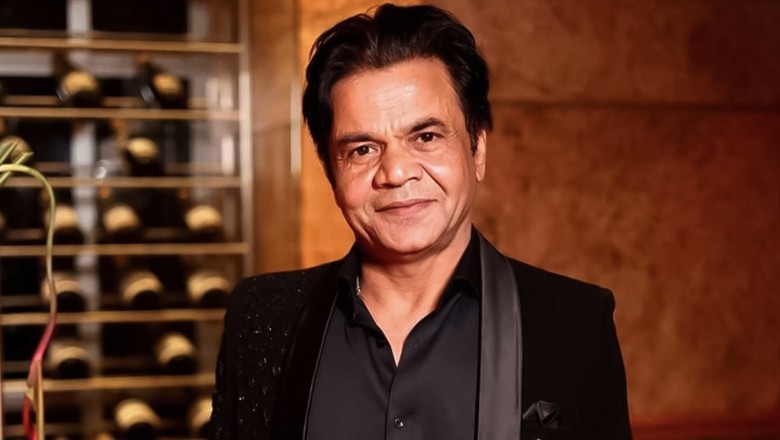

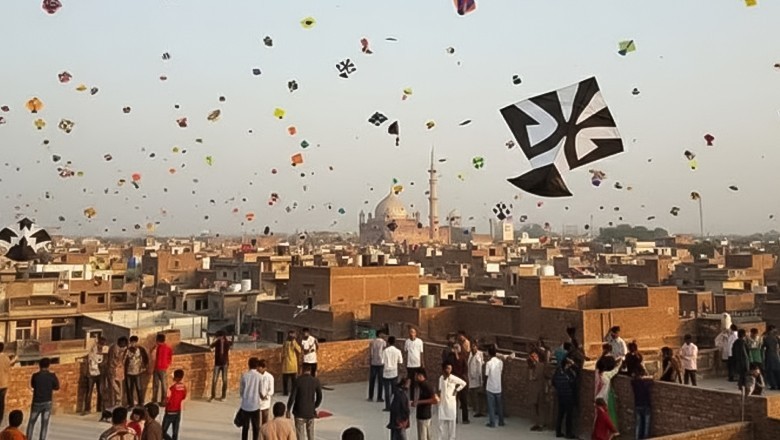

Comments
0 comment